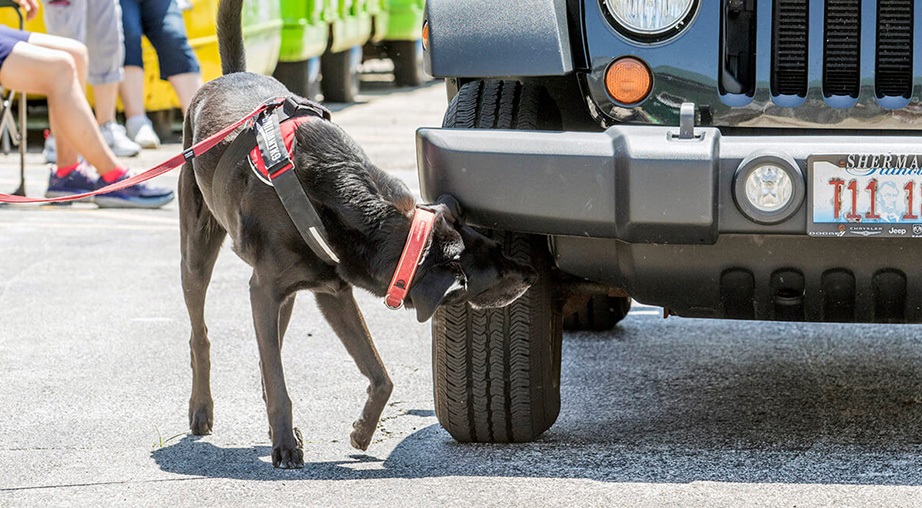Have you ever wondered what your rights are when it comes to a police officer indulging in Vehicle Searches in Indiana after a traffic stop? It’s a question that many people have, and it’s important to know how to protect yourself in these situations.
Being pulled over by the police can be a nerve-wracking experience, especially if they decide to search your vehicle. It’s crucial to understand your rights and know how to handle such situations in order to protect yourself. The thing you should remember is that you have the right to refuse consent for a search unless the police officer has probable cause or a warrant.
One of the most crucial things to remember is that you have the right to refuse consent for a search. This means that you do not have to allow the police officer to search your vehicle unless they have probable cause or a warrant. Probable cause refers to the reasonable belief that a crime has been committed or evidence of a crime can be found in your vehicle.
So why would you need a lawyer if your vehicle has been searched?
When it comes to searches conducted by law enforcement officers, there are certain rules and procedures that must be followed in order for the search to be considered legal. The Fourth Amendment of the United States Constitution protects individuals from unreasonable searches and seizures. This means that in most cases, the police need probable cause or a warrant in order to conduct a search of your vehicle. Additionally, during a routine traffic stop, an officer may ask for consent to search your car, which eliminates the need for a warrant.
Well, even if the police had a valid reason to search your car, there may still be circumstances where their conduct was improper or violated your rights. A skilled criminal defense attorney from Stracci Law Group will know how to examine the details of your case and determine if any rules were broken during the search. They can also analyze whether the evidence obtained during the search can be used against you in court. If your Criminal Defense Lawyer finds that your rights were violated or that the evidence was obtained illegally, they can file a motion with the court to suppress that evidence, meaning it cannot be used against you in your criminal case.

